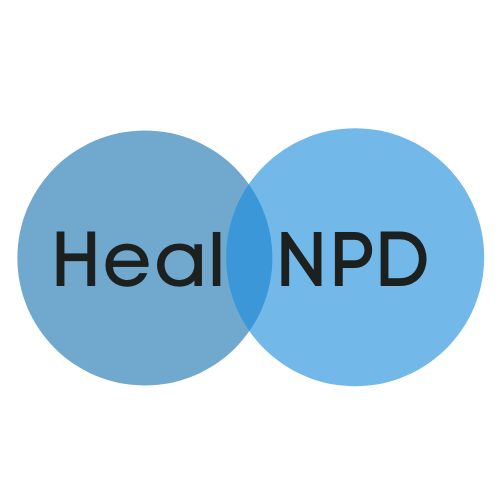Diagnostic Assessment
The Assessment Process
Our assessments integrate clinical interviewing, standardized psychological measures, and in-depth interpretive analysis. We draw from contemporary psychodynamic, personality, and attachment frameworks to create a multidimensional understanding of the individual.
Through this process, we can:
Identify or rule out personality disorders, including narcissistic personality disorder (NPD), borderline, obsessive-compulsive, avoidant, and others
Assess clinically significant personality traits and subclinical features that may not meet diagnostic thresholds but still affect functioning
Understand coping styles, defensive structures, and personality organization—how a person maintains psychological stability under stress
Evaluate other DSM-5 disorders, such as depression, anxiety, trauma-related conditions, or mood dysregulation
Clarify how early relational experiences contribute to current struggles in self-esteem, attachment, and emotional life
The result is a clear, integrative formulation that situates symptoms and behaviors within the broader context of the individual’s development, not as isolated problems but as meaningful adaptations to past and present challenges.
How Our Approach Is Different
Most psychological evaluations consist of a single interview and a set of self-report measures. While this can provide useful data, it often overlooks the complexity and individuality of the person being assessed. At Heal NPD, we take a more rigorous and human approach.
Our process typically unfolds over several weeks - about eight from start to finish - to allow time for multiple interviews, thoughtful reflection, and careful integration of results. This extended structure enables us to form strong, clinically grounded impressions and to understand the person as more than a collection of scores or symptoms.
We do not rely on self-report measures alone. Our primary personality inventory is an empirically validated instrument that integrates clinical evaluation, self-report data, and robust personality models. Every assessment is tailored to the individual, balancing data-driven accuracy with clinical insight.
We go beyond simple diagnosis. While a diagnostic label can be valuable, greater importance lies in the why and the how: why certain patterns formed, how they continue to shape experience, and what they reveal about underlying needs and capacities.
Although our assessments are more comprehensive and labor-intensive than most, they are comparably priced and designed to deliver exceptional value to our patients, who gain lasting understanding of themselves.
We view this work as a synthesis between diagnosis and biography, between clinical assessment and character study. It is a process that seeks to understand the whole person rather than reduce them to a category.
What You Can Expect
A comprehensive diagnostic assessment typically includes:
Structured Clinical Interview: An in-depth clinical interview that unfolds over a period of weeks and may iclude collateral interviews with loved ones.
Testing: Administration of empirically validated psychological measures assessing personality, mood, and emotional functioning.
Interpretation and Integration: A detailed analysis connecting testing data with developmental and relational themes.
Feedback Session: A collaborative discussion of findings, emphasizing meaning and direction rather than judgment.
Written Report: A clear, clinically precise summary that includes diagnostic impressions (if relevant), treatment recommendations, and guidance for continued growth.
Assessments are conducted entirely online and tailored to each individual’s needs and level of psychological functioning.
Who It’s For
Our diagnostic assessments are appropriate for:
Individuals seeking clarity about identity, personality, or emotional functioning
Those exploring whether narcissistic or other personality patterns may be present
People wanting to better understand the “why” behind persistent difficulties in relationships, self-esteem, or emotional regulation
Clinicians, therapists, or treatment teams seeking a specialized second opinion on complex cases
Some individuals pursue assessment only for self-understanding and guidance, while others begin with assessment as the foundation for therapy, either within Heal NPD or with another trusted provider.
Getting Started
To begin the assessment process or learn more about whether it’s right for you, you can schedule an initial consultation. The consultation provides an opportunity to discuss your goals, learn about the process, and receive individualized recommendations for next steps.
Overview
Diagnostic assessment at Heal NPD is a comprehensive, in-depth process designed to clarify personality structure, emotional functioning, and the psychological patterns that shape a person’s inner life and relationships. This is not an ordinary evaluation. Our goal is to provide a nuanced understanding of the self. We link formative experiences, coping styles, and defensive structures to present-day symptoms and patterns of relating.
Assessments are often helpful for individuals seeking clarity about longstanding difficulties in identity, relationships, or emotion regulation, or who have received conflicting or incomplete diagnoses in the past. Many use the results to guide ongoing therapy, refine treatment focus, or deepen self-understanding.

